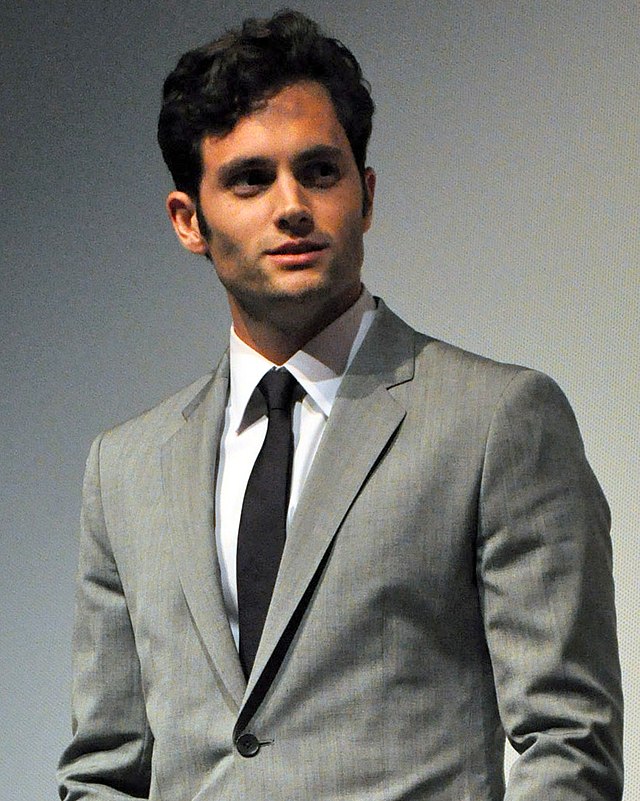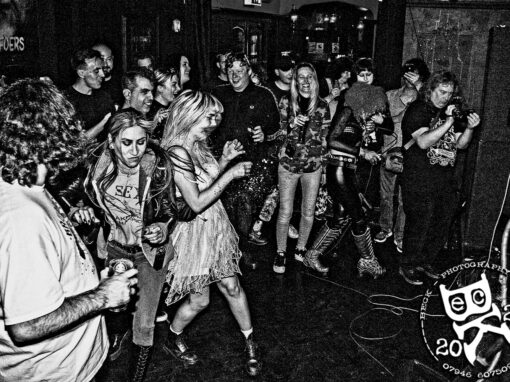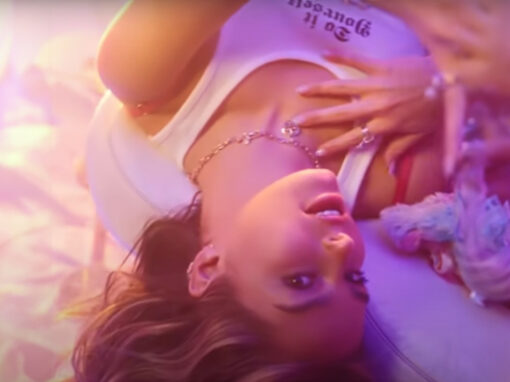[Photo by Santiago Avila Caro on Unsplash]
Shows like You, Dexter and Killing Eve have become fan favourites on television for their darkly charismatic leads. So what is it about these morally corrupt characters that is so attention grabbing?
Film fan and media tutor Alan Lewis explains, “When you watch a TV show or film you’re usually aligned with a character, however this does not have to mean you have allegiance with them.” By presenting the story from the villain’s point of view- often through intimate inner monologues, we are invited to understand their thought process and motivations. This perspective can blur moral boundaries and sometimes even lead viewers to justify or sympathise with actions that would otherwise seem unforgivable.
In the case of You viewers were immersed in the obsessive and delusional world of Joe Goldberg. His calm exterior and literary knowledge masked the much darker and perverted thoughts he had, especially in earlier seasons.
In these early seasons fans of You frequently took to social media to back up Joe Goldberg’s decisions or express affection for him, despite his disturbing behavior. This phenomenon highlights how storytelling that centers on the villain’s perspective can complicate our emotional responses.

Mark Kari
The conflict viewers face is knowing right from wrong but also wanting the protagonists we watch to succeed. It shows how much television and cinema has adapted. We aren’t being fed clean cut narratives, we establish our own emotions and feelings based on the complexities and human mistakes the characters enact..
Alan Lewis notes, “There’s a lot of narrative sophistication here, we’re not being told who to root for in a traditional sense. instead, we get to sit with our discomfort and interrogate ourselves on why we are drawn in by these characters in the first place.”
It’s not just empathy that keeps us watching , it’s the thrill of unpredictability and not knowing if they’ll get caught. Traditional heroes usually have a level of predictability. Anti-heroes and villains however are much more volatile.
In Dexter viewers know from the get-go that Dexter Morgan is a killer. Yet from his moral code of only targeting other killers and ‘bad’ people allows his actions to feel strangely ‘justifiable’. The question has never been if he will kill , it’s more of a who and how – and if he will get caught – is a concept that kept audiences gripped.
In Killing Eve, the cat-and-mouse dynamic between assassin Villanelle and MI6 agent Eve Polastri turned the typical hero-villain relationship on its head. The chemistry between them blurred the line between attraction and repulsion, justice and obsession. Viewers didn’t just want to see the plot progress, they craved interactions between the characters, no matter how morally fraught.
By the time You reached its final season, however, the charm began to wear thin for many fans. As Joe’s actions became more transparently self-serving and less cloaked in moral ambiguity, some audiences began to pull back. “It’s a balancing act,” says Lewis. “Once the narrative stops offering plausible emotional entry points, or the character’s logic collapses under its own weight, the illusion can shatter. Viewers stop justifying and start judging.”
Still, the legacy of these shows is clear: modern audiences are hungry for complex characters who defy easy categorisation. In a media landscape saturated with content, anti-heroes and charismatic villains offer something deeper—a reflection of our own inner contradictions, our fascination with the forbidden, and the power of storytelling to make us question everything we think we believe.
For more stories on TV and Entertainment click here: https://illuminatedmag.co.uk/tv-and-entertainment/




